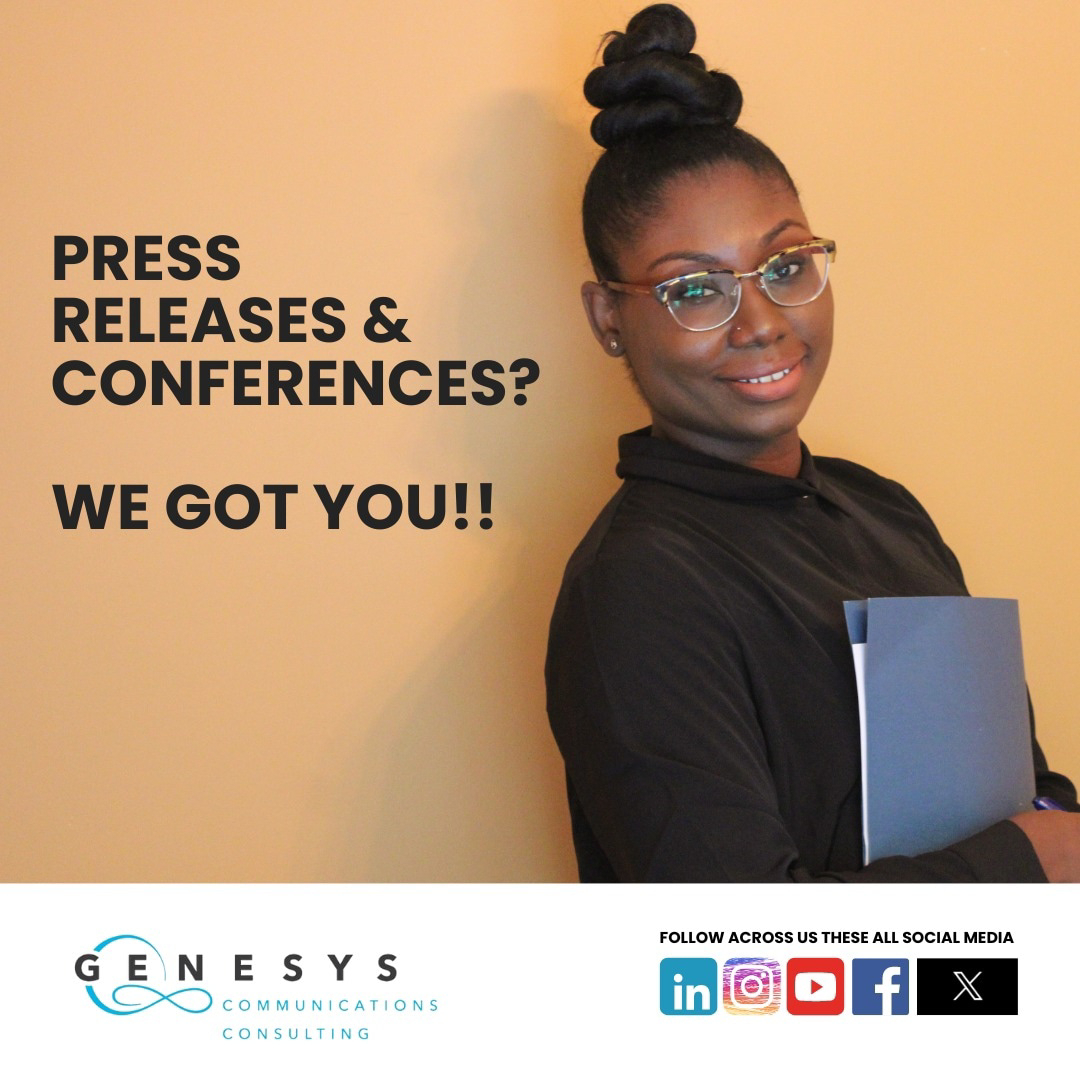A Communication Perspective on an Independence Day Oration
On July 26th, Liberia celebrated its 177th Independence Day with the powerful oration of Dr. Robtel Neajai Pailey. Known for her eloquence and incisive critique, Dr. Pailey did not disappoint, delivering a speech that resonated deeply with many Liberians while giving others pause.
Through her communication, Dr. Pailey shown a bright light on the “elephant in the room” -- those systemic issues that persist in the nation's modus operandi, both from the government and public sectors.
Speaking an unvarnished truth, Dr. Pailey put forth a new re-imagined vision of Liberia, that expanded the definition of citizenship, called for dignified livelihoods with higher minimum wages and put forth a resilient nation capable of being a leader on the world stage.
Underpinning her oration, Dr. Pailey indirectly highlighted the importance of communication.
Dr. Pailey’s speech underscored the importance of clear, transparent, and honest communication in governance. Her call for accountability and transparency resonated as a direct challenge to the current communication practices within the government. In an era where misinformation can spread rapidly, the need for trustworthy and transparent communication from leaders is paramount.
The gap between government actions and public perception often stems from a failure to communicate effectively and truthfully. Dr. Pailey's oration served as a reminder that trust is built through consistent and transparent dialogue with the public backed by aligned right action.
The Power of Storytelling
Dr. Pailey’s adept use of storytelling to illustrate her points highlighted another critical aspect of effective communication. Stories have the power to connect, engage, and inspire action. They humanize issues and make them relatable to a broader audience. Dr. Pailey's stories about ordinary Liberians striving for a better future provided a poignant backdrop to her calls for systemic change. This technique should be a staple in the communication toolkit of any government or organization aiming to engage and mobilize its audience.
The US-Liberia Relationship: Time for a PR Campaign?
One of the notable segments of Dr. Pailey’s speech focused on the relationship between the United States and Liberia. She highlighted the unfulfilled expectations from this long-standing relationship which to light critical questions about the current perceived state of US-Liberia relations, the need for renewed dialogue, and a targeted public relations campaign.
Unmet Expectations
Dr. Pailey’s reference to the unmet expectations between the US and Liberia underscores a significant communication/perception gap and should be seen as feedback. While the relationship has historically been portrayed as one of mutual benefit and friendship, many Liberians feel that the tangible benefits have not lived up to the promises. This disparity between expectation and reality calls for a more honest and transparent discussion about what each country expects from this relationship and how these expectations can be met.
The Need for a PR Campaign
A strategic public outreach campaign would be instrumental in showcasing the impact of the US-Liberia relationship while highlighting concrete actions taken in the name of friendship. Such a campaign would highlight achievements, promote transparency, and strengthen public perception. When compared to a press release, the campaign has a broader reach with tailored messages to fit a diversity of audiences.
Time for US-Liberia Dialogue?
In addition to a PR campaign, it is crucial to foster a renewed dialogue between the US and Liberia. This dialogue could focus on reassessing expectations and addressing challenges head on with effective strategies.
Urging the Legislature to Focus on Constituents
Dr. Pailey also urged the Legislature to focus on their constituents rather than campaigning for the 2029 elections. This call to action highlights the need for legislators to prioritize and address the immediate needs of the people they serve.
Effective communication is crucial here.
Legislators must engage with their constituents, listen to their concerns, and communicate their action plans and progress transparently. This approach builds trust and ensures that the public feels heard and represented.
Conclusion
Dr. Robtel Neajai Pailey’s Independence Day oration was more than just a speech; it was a powerful communication lesson for Liberia. It underscored the critical importance of transparency, storytelling, media integrity, civic engagement, good governance, and strategic communication in building a stronger, more resilient nation. Her reflections on the US-Liberia relationship bring to light the need for honest communication and renewed efforts to rethink expectations of this historic partnership.
As we reflect on her words, let us not ignore the "elephant in the room"—the need for improved communication strategies that bridge the gap between the government and the governed, and between Liberia and its international partners. Through a well-planned PR campaign and meaningful dialogue, the US and Liberia can strengthen their relationship, ensuring that it brings real, tangible benefits to the people of both nations.
Moreover, legislators must heed Dr. Pailey's call to focus on their constituents. By prioritizing the needs of the people and communicating effectively, they can build a more trustful and engaged public, ultimately leading to a more prosperous and united Liberia.



